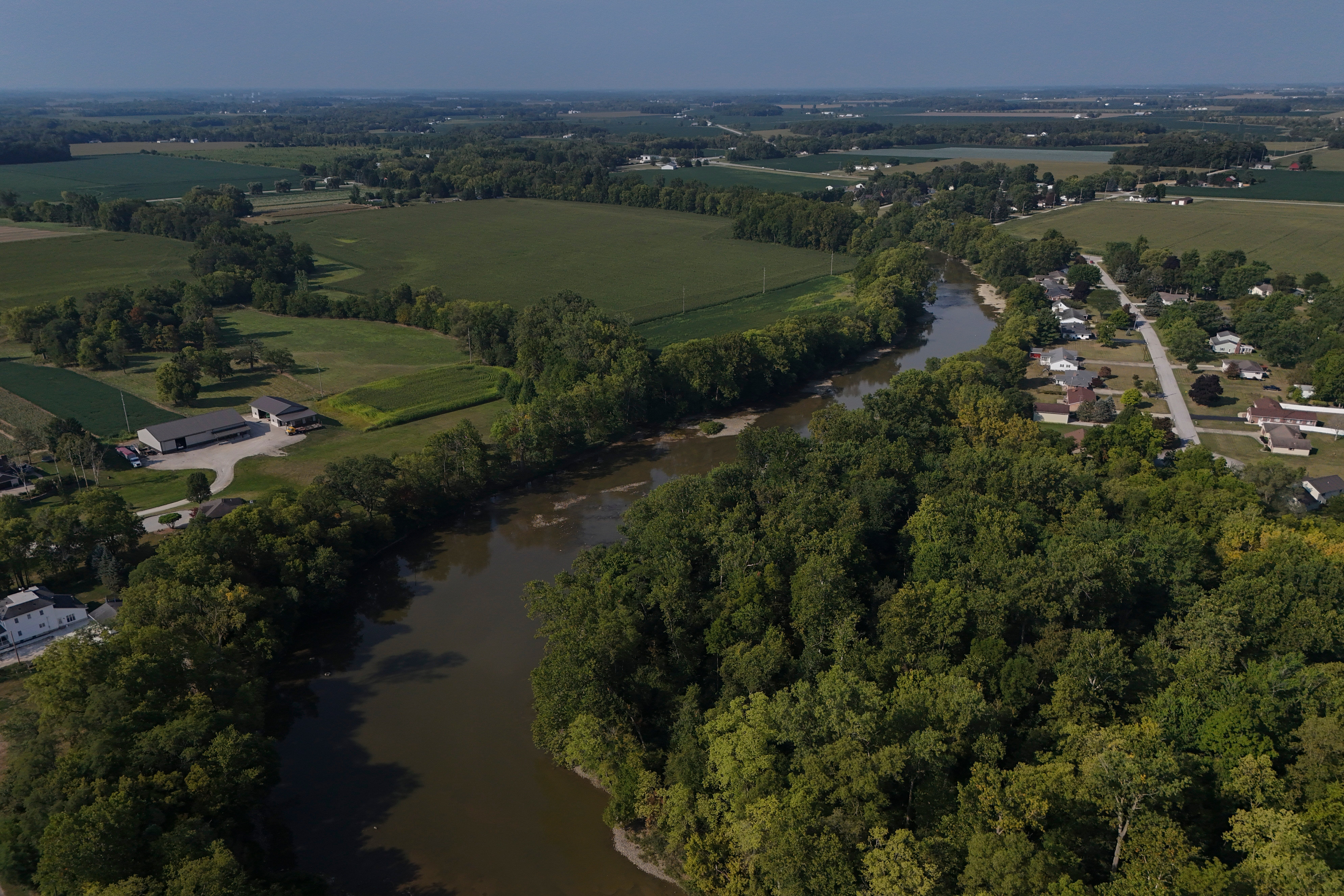Study examines women’s proximity to incinerators and chemical level in breast milk Researchers find winds affecting emissions from incinerators play role, though diet still thought to be largest factor.
Dr Pippa Douglas, who led the breast milk collections during her time at Imperial College London, said: “We recruited first-time mothers, so when they signed up to the study they were pregnant and likely to have no idea what life with a newborn baby would be like.”.
Toxic chemicals in breast milk have been identified in mothers living near waste incinerators in the UK, a study has found.
The breast milk samples were analysed for dioxins and 150 samples were also analysed for PCBs, making it the largest study of its type in the UK.
Breast milk was donated by 194 first-time mothers living within about 12 miles (20km) of municipal waste incinerators in the UK.






















